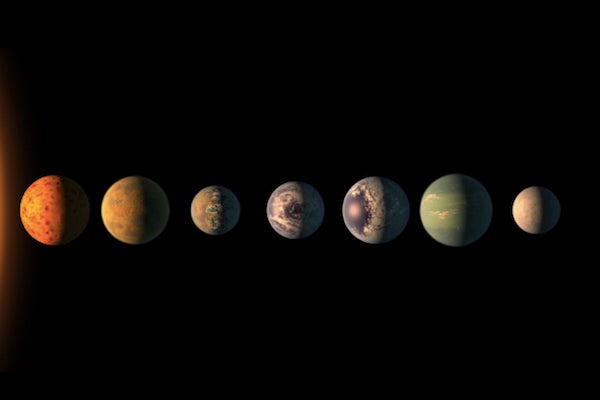The list of things that are peculiar to our planet, our moon, our planet’s place in our solar system, our solar system, our solar system’s location in our galaxy, our galaxy, and more that enable life here would make your eyes glaze over. Having a gas giant like Jupiter turns out to be critical, for instance. (I am not claiming that ‘fine tuning’ can be proven.)
This rather supports the idea:

Our Solar System Is Even Stranger Than We Thought
New research shows a pattern of exoplanet sizes and spacing around other stars unlike what we see in our own system